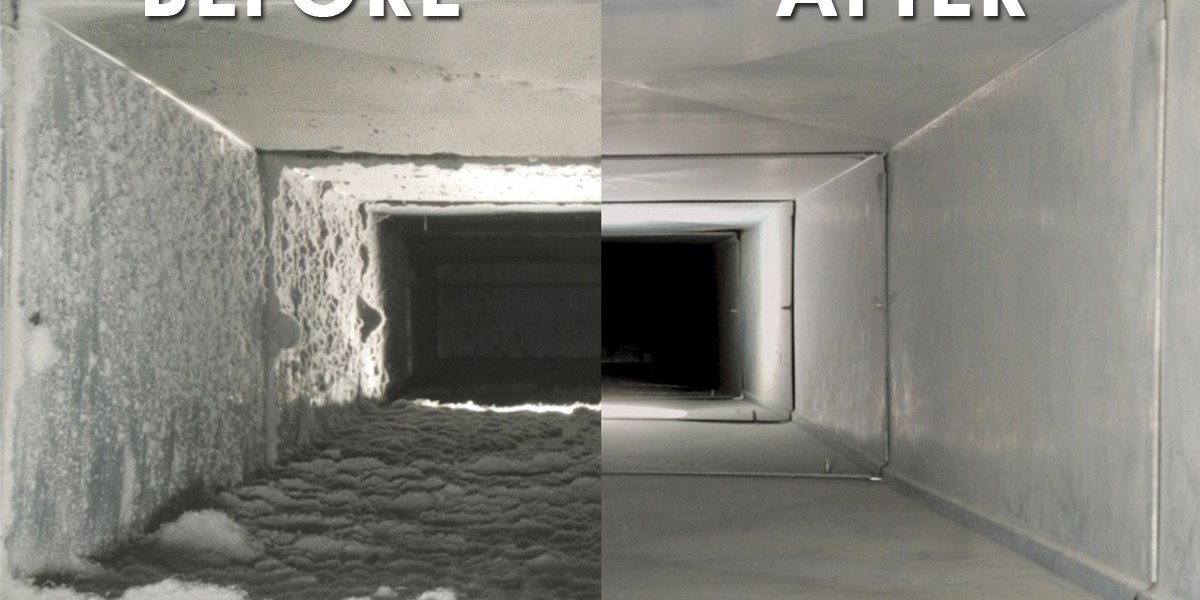Air Handler Cleaning is an essential aspect of HVAC (Heating, Ventilation, and Air Conditioning) maintenance. As the central unit responsible for circulating and conditioning air in your space, the air handler plays a critical role in ensuring comfort and indoor air quality. Over time, dust, debris, and moisture can accumulate, leading to inefficiencies and potential health risks. Regular cleaning keeps your system running smoothly and ensures the air you breathe is clean and fresh.
What is an Air Handler?
An air handler is a component of your HVAC system that processes and distributes air. It includes the following parts:
- Blower Motor: Pushes air through ducts to maintain airflow.
- Coils: Heat or cool the air as needed.
- Filters: Trap airborne particles like dust and allergens.
- Drain Lines and Pans: Handle condensation produced during cooling.
Dirty or clogged components can reduce efficiency, increase energy costs, and affect air quality.
Why Air Handler Cleaning is Important
Improved Air Quality
A dirty air handler can spread dust, mold, and other allergens, leading to respiratory issues and allergies. Cleaning the unit ensures that your HVAC system circulates clean, healthy air.Energy Efficiency
Dust and debris obstruct airflow, forcing the system to work harder to maintain temperature. Cleaning the air handler reduces energy consumption and lowers utility bills.System Longevity
Regular maintenance prevents wear and tear on components, extending the life of your HVAC system and avoiding costly repairs or replacements.Mold Prevention
Moisture inside the air handler can lead to mold growth, which poses serious health risks and can damage the system. Cleaning removes this risk.
Steps to Clean an Air Handler
While some aspects of air handler maintenance can be handled by homeowners, professional cleaning is often recommended for thorough results.
DIY Maintenance
- Turn Off Power: Always disconnect the power to the HVAC system before cleaning.
- Replace Filters: Change filters regularly to maintain airflow and reduce dust buildup.
- Vacuum Dust: Use a vacuum to remove debris from accessible parts, including the blower and duct openings.
- Clean Coils: Apply a non-corrosive coil cleaner to remove dirt and grime from the evaporator and condenser coils.
- Flush Drain Lines: Clear blockages to prevent water damage and mold growth.
Professional Cleaning
For a comprehensive cleaning, hire a licensed HVAC technician. They will:
- Access and clean hard-to-reach areas.
- Disinfect the unit to remove mold and bacteria.
- Inspect for damage or wear in the system components.
How Often Should You Clean Your Air Handler?
The frequency of cleaning depends on your environment and system usage:
- Residential Systems: Annually.
- Commercial Systems: Every 3-6 months, depending on workload.
- High-Dust Environments: More frequently, as needed.
Benefits of Regular Air Handler Cleaning
- Better Air Quality: Reduces allergens and pollutants in your space.
- Lower Energy Costs: Improves system efficiency.
- Consistent Comfort: Ensures optimal airflow and temperature control.
- Peace of Mind: Prevents costly breakdowns and health risks.
Conclusion
Air handler cleaning is a vital part of HVAC maintenance that pays dividends in energy savings, comfort, and health. Whether you perform basic cleaning yourself or hire professionals for deeper maintenance, regular care ensures your system runs efficiently and effectively.
Breathe easier and enjoy a more comfortable space—schedule your air handler cleaning today!









